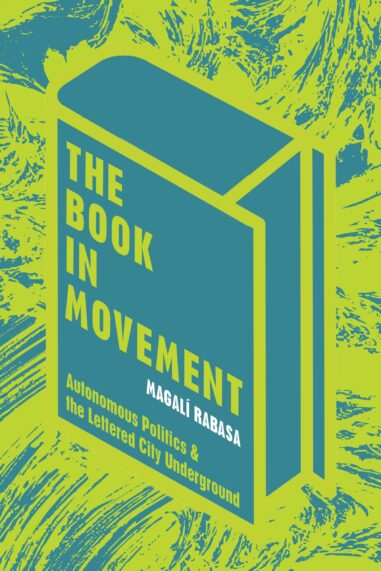
Hardcover $55.00
Request Exam or Desk Copy. Request Review Copy
The Book in Movement
Autonomous Politics and the Lettered City Underground
The Book in Movement is a deeply researched ethnography of autonomous publishing in contemporary Latin America. Rabasa traces networks of action in Mexico City, Oaxaca, La Paz, Buenos Aires, and Santiago, in which books emerge as precipitates of human social practice. The result of rigorous observation and analysis, this study helps us understand books within a flux of movement of many sorts—labor, thought, solidarity, and imagination—and offers a sophisticated model for studies of textual materiality.

